Scicurious
A peek behind the science curtain
Sign up for our newsletter
We summarize the week's scientific breakthroughs every Thursday.
-
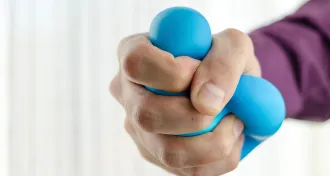 Life
LifeUncertainty is stressful, but that’s not always a bad thing
Life is full of stressful, ambiguous situations. But a new study shows that the ones we can predict stress us out less, and may even help us learn.
-
 Tech
TechA storm of tweets followed Superstorm Sandy’s path
When storms hit, people hunker down and tweet. Their social media activity tracks natural disasters and their damage, a new study shows.
-
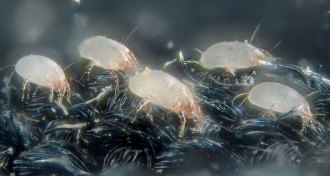 Health & Medicine
Health & MedicineHere’s how dust mites give dermatitis sufferers the itch
Dust mites can make people with eczema truly miserable. Now, scientists have figured out why they make some people scratch, and resolved a dermatological debate.
-
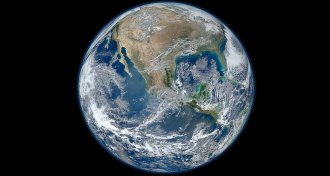 Science & Society
Science & SocietySometimes busting myths can backfire
When Neil deGrasse Tyson busted the flat-Earth myth on Twitter, he got the world’s attention. But did the myth-busting work? Or did it backfire?
-
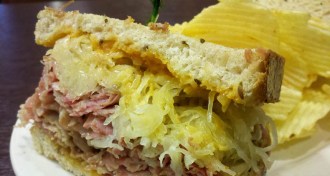 Psychology
PsychologyThere’s a sour side to serotonin
Serotonin has a sour side. The chemical messenger helps mice to taste sour, a new study shows.
-
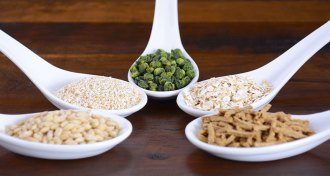 Health & Medicine
Health & MedicineLow-fiber diets make gut microbes poop out
A low-fiber diet makes for low bacterial diversity in mice. A new study shows those mice can then pass a denuded microbiome on to their offspring.
-
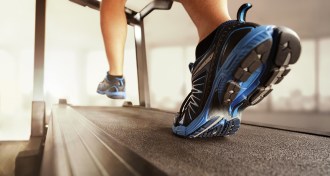 Health & Medicine
Health & MedicineHigh-intensity interval training has great gains — and pain
Intense spurts of activity followed by brief rest can improve heart health, blood glucose and muscle endurance. But some question if the pain of HIIT workouts will impede the popularity.
-
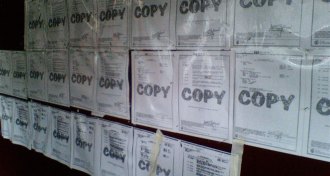 Science & Society
Science & SocietyIn science, a lack of replication shouldn’t kill your reputation
The proof is science is when a study is replicated. When it’s not, do scientists suffer? A new study says researchers may overestimate the negative effects.
-
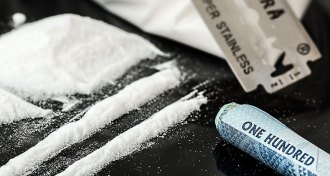 Psychology
PsychologyCaffeine gives cocaine an addictive boost
Not only is it popular to “cut” cocaine with caffeine, the combination might be more addictive.
-
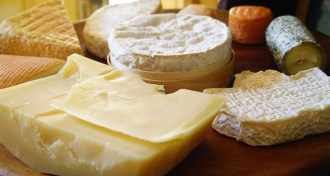 Psychology
PsychologyNo, cheese is not just like crack
Recent news reports claimed that a study shows cheese is addictive. But the facts behind the research show cheese and crack have little in common.
-
 Psychology
PsychologyViews on bias can be biased
When presented with a study showing bias against women, male scientists are more inclined to nitpick the results. But a little intervention can go a long way toward gender equality in science.
-
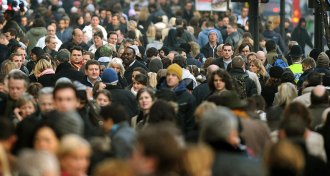 Neuroscience
NeuroscienceThat familiar feeling comes from deep in the brain
Knowing what’s new and what we’ve seen before is at the base of memory. A new study shows that with a flash of light, scientists can change the firing of brain cells, and make the old new again.